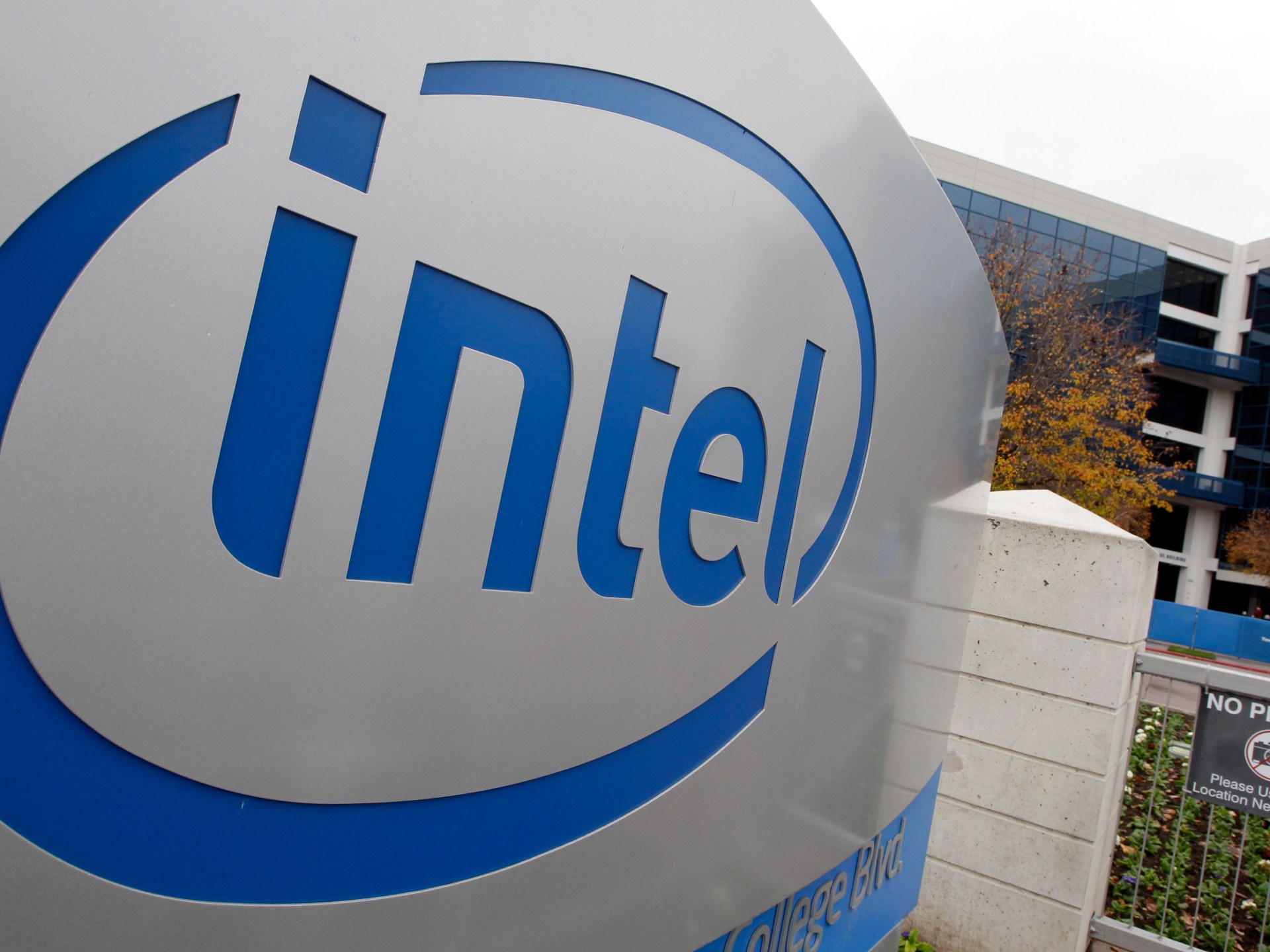The new stake in the tech giant aims to increase US semiconductor chip production.
United States Senator Bernie Sanders has thrown his support behind US President Donald Trump’s plan to convert US grants to chipmakers, including $10.9bn for Intel, into government stakes in the companies.
The senator for the state of Vermont announced his support on Wednesday.
“If microchip companies make a profit from the generous grants they receive from the federal government, the taxpayers of America have a right to a reasonable return on that investment,” Sanders, an independent who caucuses with Democrats, said in a statement to the Reuters news agency.
The awards were part of the 2022 CHIPS and Science Act, which sought to lure chip production away from Asia and boost American domestic semiconductor output with $39bn in subsidies.
The acronym CHIPS in the name of the legislation stands for “Creating Helpful Incentives to Produce Semiconductors”.
US Commerce Secretary Howard Lutnick is now looking into the government taking equity stakes in embattled Intel and other chipmakers in exchange for the grants as the Trump administration seeks “equity” in return for “investments”.
Rare bipartisanship
The unusual alignment between Sanders and Trump on government ownership stakes in private companies highlights a marked shift by Trump toward policies of state intervention in the economy that are typically associated with the left.
Since Trump took office for a second time in January, he agreed to allow AI chip giants Nvidia and AMD to sell AI chips to China in exchange for the US government receiving 15 percent of revenues from the sales.
The Pentagon is also set to become the largest shareholder in a small mining company to boost the output of rare earth magnets. And the US government negotiated for itself a “golden share” with certain veto rights as part of a deal to allow Nippon Steel to buy US Steel.
Sanders and Senator Elizabeth Warren, a Democrat, had proposed an amendment to the CHIPS Act that would have forbidden the Commerce Department from granting a CHIPS Act award without the Treasury Department receiving a warrant, equity stake or senior debt instrument issued by the recipient company.
“I am glad the Trump administration is in agreement with the amendment I offered three years ago,” Sanders said. “Taxpayers should not be providing billions of dollars in corporate welfare to large, profitable corporations like Intel without getting anything in return.”
Much of the funding for CHIPS Act award recipients such as Micron, Taiwan Semiconductor Manufacturing Co and Samsung has not been disbursed.
Trump’s interest in Intel is also being driven by his desire to boost chip production in the US, which has been a focal point of the trade war that he has been waging throughout the world. By lessening the country’s dependence on chips manufactured overseas, the president believes the US will be better positioned to maintain its technological lead on China in the race to create artificial intelligence.
Earlier this month, Trump called on Intel CEO Lip-Bu Tan to resign.
The demand was triggered by reports raising national security concerns about Tan’s past investments in Chinese tech companies while he was a venture capitalist. But Trump has since backed off after Tan professed his allegiance to the US to Intel employees and went to the White House to meet with the president, who applauded the Intel CEO for having an “amazing story”.
This comes as Intel is also in talks with other large investors to receive an equity infusion at a discounted price just days after the chipmaker got a $2bn capital injection from the SoftBank Group, according to CNBC.
On Wall Street, investors have not responded well to the government’s potential new role. Intel stock is down 7.1 percent from the market open as of 1:30pm in New York (17:30 GMT).
